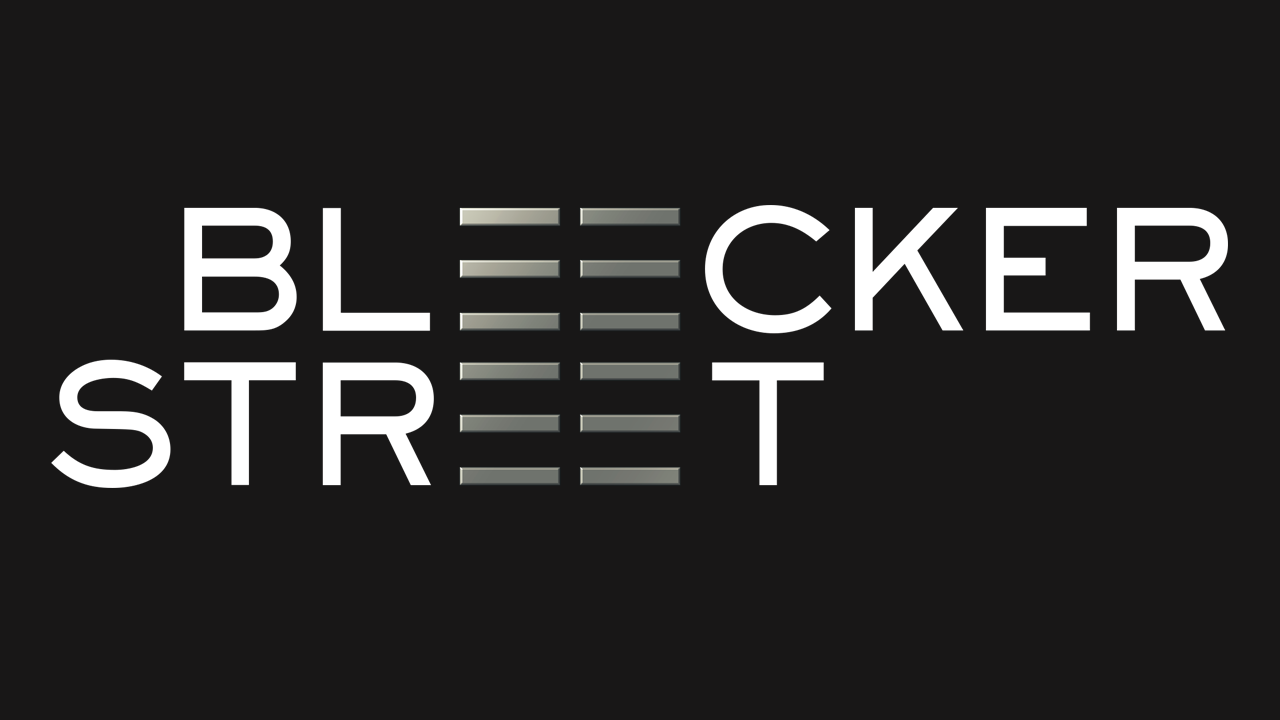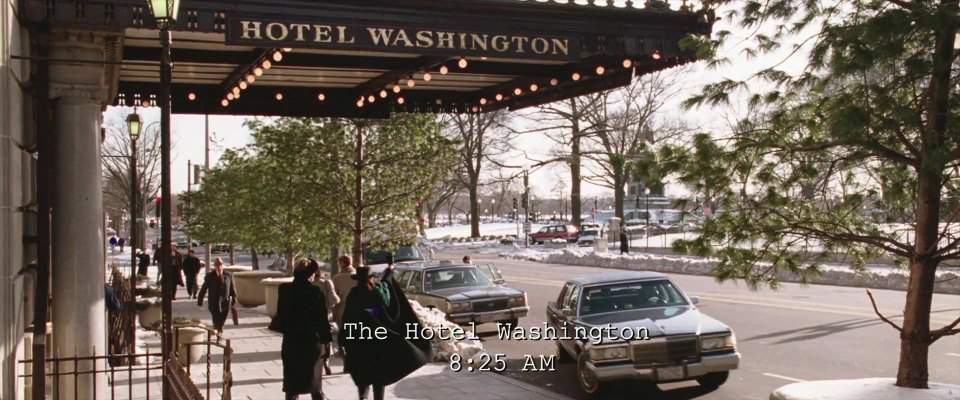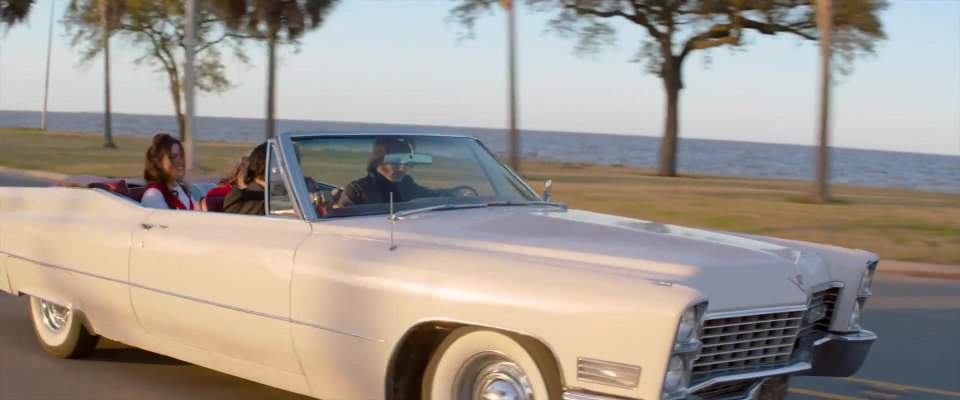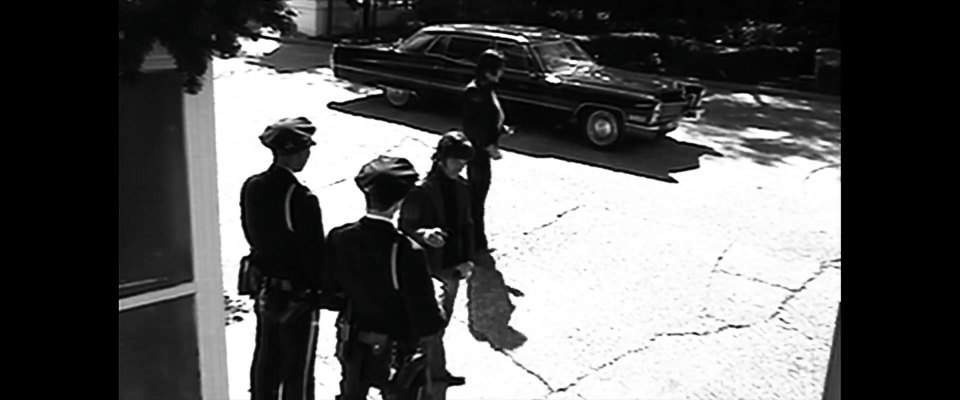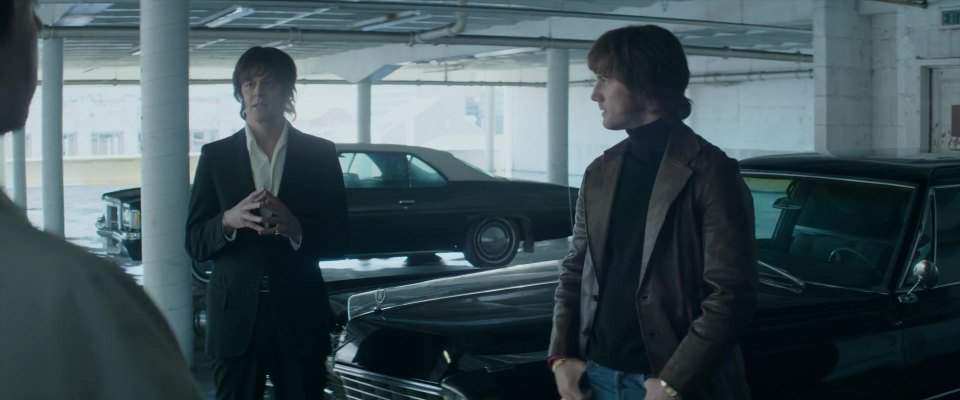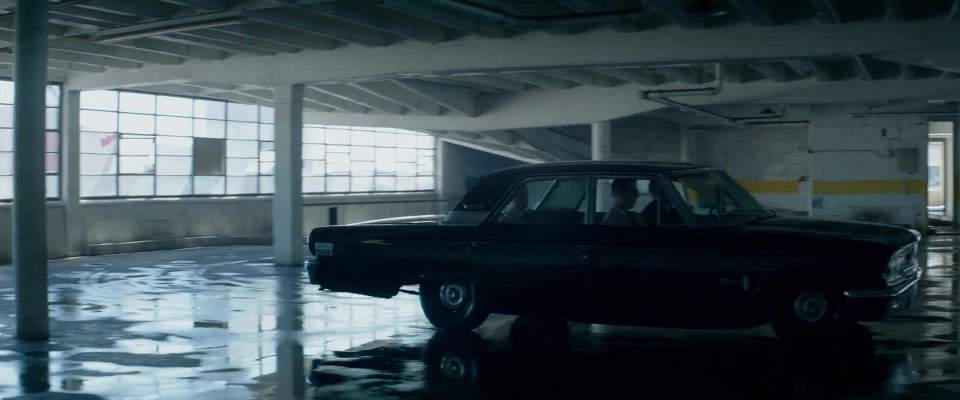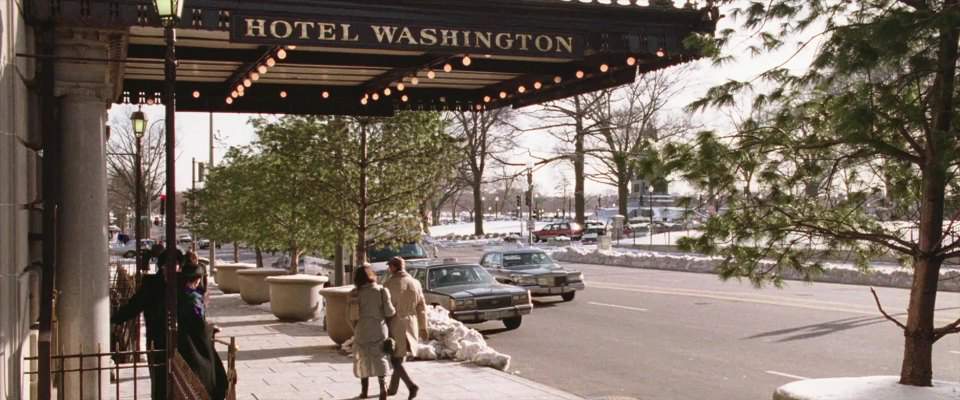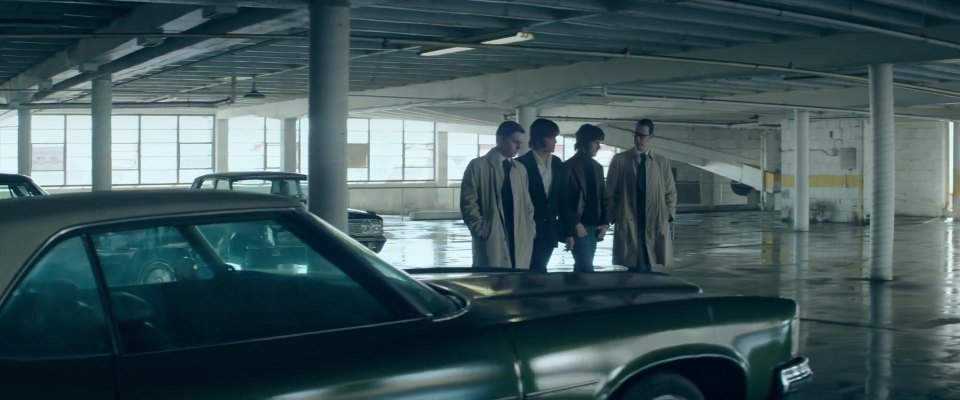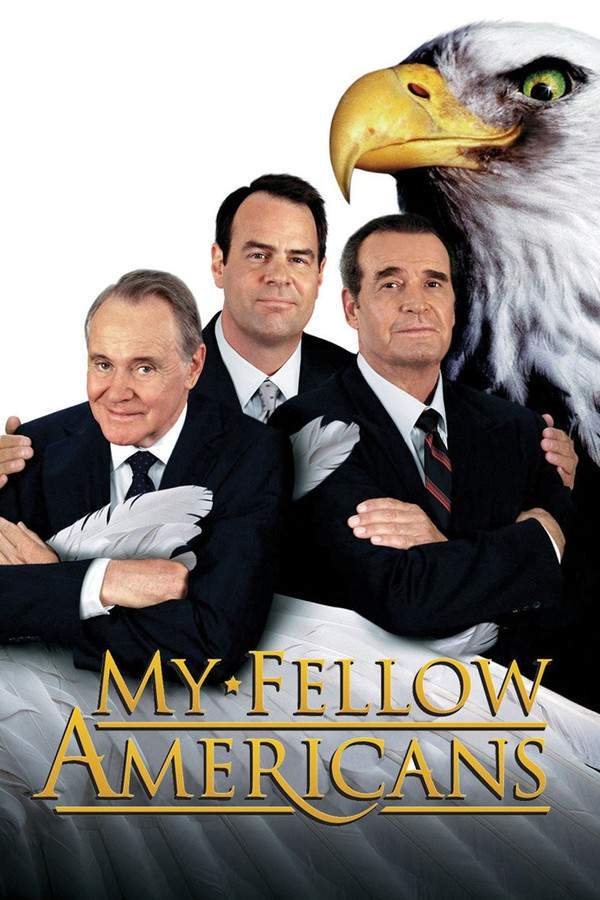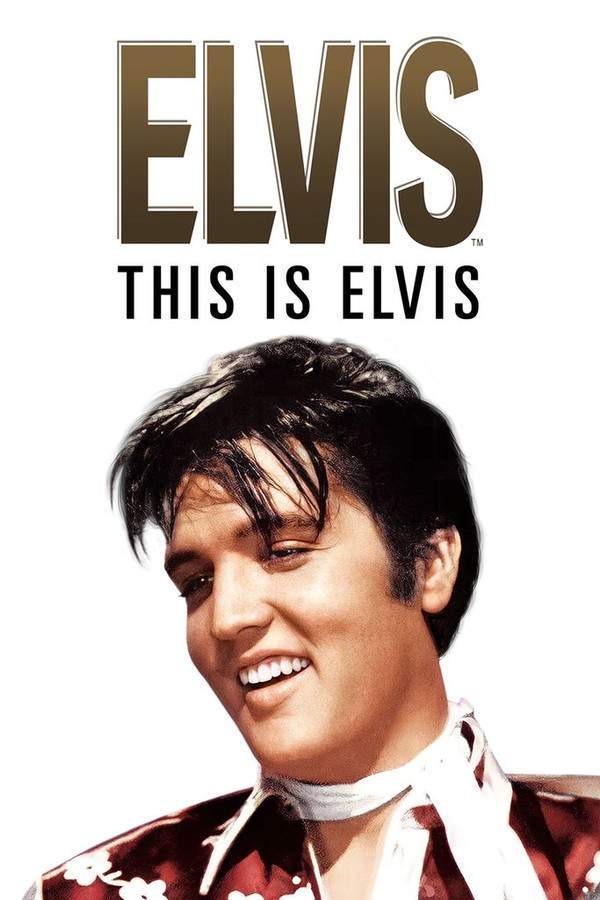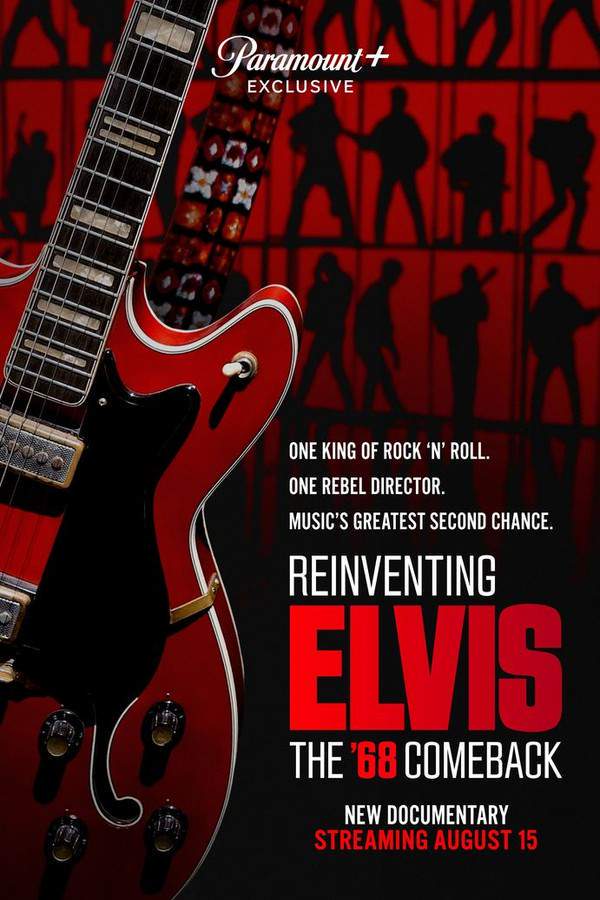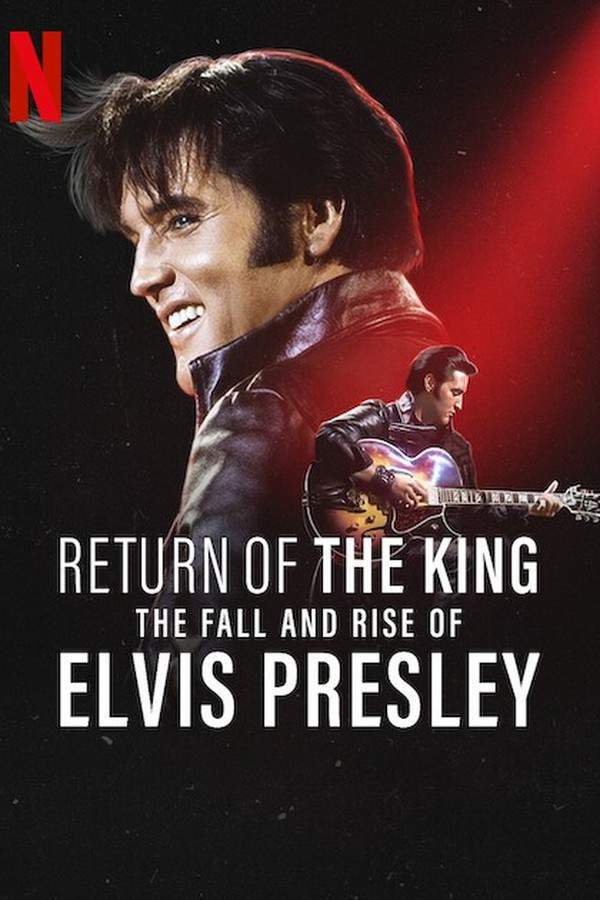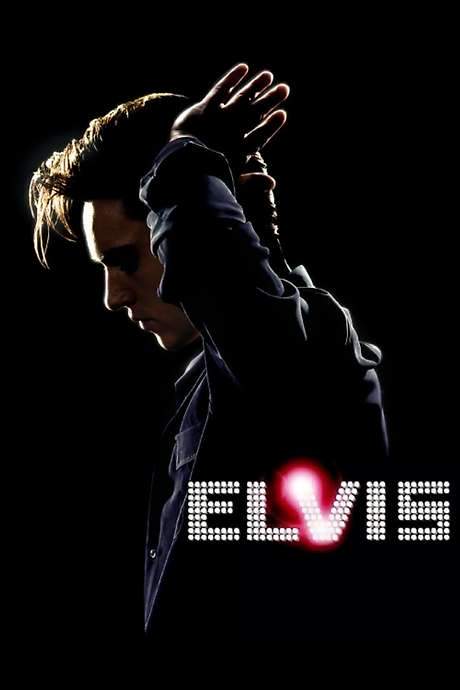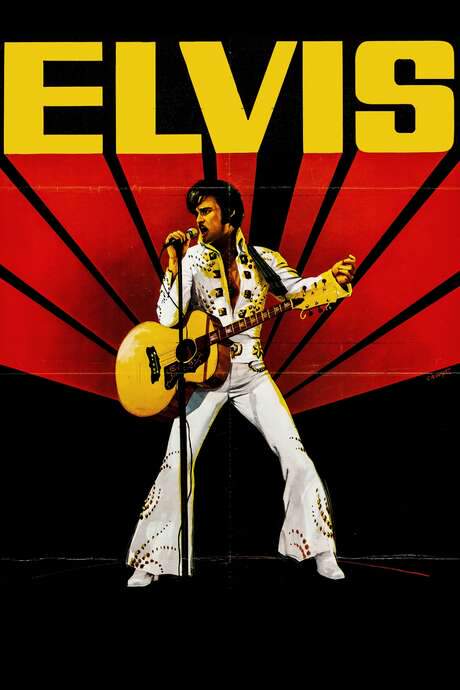Elvis & Nixon 2016
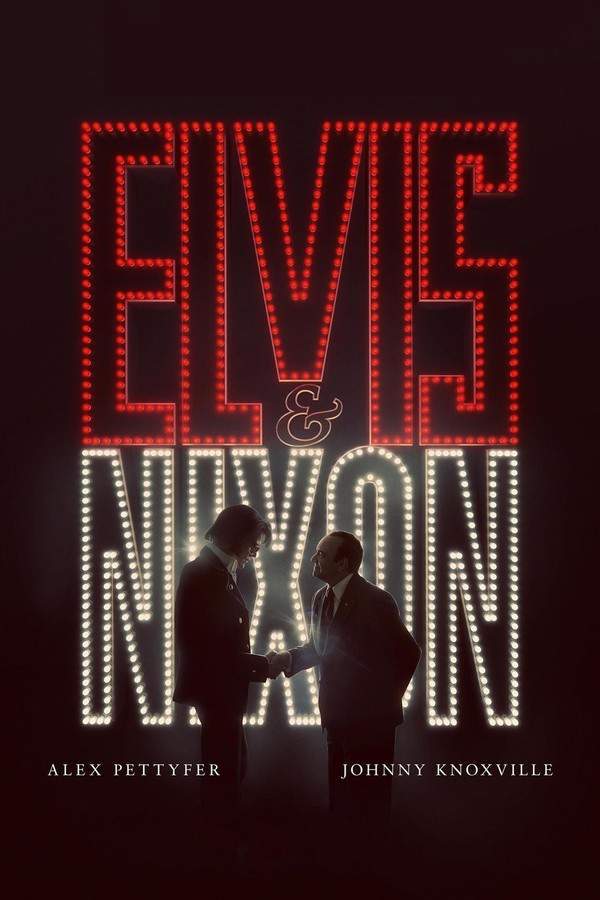
In 1970, singer Elvis Presley requested a meeting with President Richard Nixon, resulting in a surprising and genuine visit to the White House. The encounter, driven by Presley’s admiration for Nixon and a desire to be considered a cultural ambassador, offers a unique blend of humor and historical insight. The true story details this memorable moment, showcasing the intersection of pop culture and American politics through the personalities of these iconic figures.
Does Elvis & Nixon have end credit scenes?
No!
Elvis & Nixon does not have end credit scenes. You can leave when the credits roll.
Meet the Full Cast and Actors of Elvis & Nixon
Explore the complete cast of Elvis & Nixon, including both lead and supporting actors. Learn who plays each character, discover their past roles and achievements, and find out what makes this ensemble cast stand out in the world of film and television.
External Links and Streaming Options
Discover where to watch Elvis & Nixon online, including streaming platforms, rental options, and official sources. Compare reviews, ratings, and in-depth movie information across sites like IMDb, TMDb, Rotten Tomatoes or Metacritic.
Ratings and Reviews for Elvis & Nixon
See how Elvis & Nixon is rated across major platforms like IMDb, Metacritic, and TMDb. Compare audience scores and critic reviews to understand where Elvis & Nixon stands among top-rated movies in its genre.

59
Metascore
6.4
User Score


76%
TOMATOMETER

57%
User Score

6.3 /10
IMDb Rating

60
%
User Score

3.0
From 3 fan ratings

3.00/5
From 2 fan ratings
Take the Ultimate Elvis & Nixon Movie Quiz
Challenge your knowledge of Elvis & Nixon with this fun and interactive movie quiz. Test yourself on key plot points, iconic characters, hidden details, and memorable moments to see how well you really know the film.
Elvis & Nixon Quiz: Test your knowledge on the surreal meeting between Elvis Presley and President Nixon.
What significant day does the meeting between Elvis and Nixon take place?
December 21st, 1970
January 1st, 1971
November 30th, 1970
April 15th, 1971
Show hint
Full Plot Summary and Ending Explained for Elvis & Nixon
Read the complete plot summary of Elvis & Nixon, including all major events, twists, and the full ending explained in detail. Explore key characters, themes, hidden meanings, and everything you need to understand the story from beginning to end.
On the morning of December 21, 1970, the legendary actor and singer Elvis Presley arrives at the White House, urgently seeking a meeting with President Richard Nixon. His extraordinary request? To be sworn in as an undercover agent for the Bureau of Narcotics and Dangerous Drugs. Interestingly, the government had begun recording all presidential communications from February 1971, meaning this remarkable meeting remains undocumented.
The day starts off like any other for Nixon, yet he is irked by the idea of meeting with Elvis and is keen to find out who arranged such a bizarre encounter. Meanwhile, Elvis, feeling trapped in Memphis, plans a quick trip to Los Angeles. He encounters trouble at the Memphis airport due to carrying firearms. A crisis calls for a solution, and he reaches out to his longtime friend, Jerry Schilling. Jerry advises him to charm the authorities with a photo opportunity, which successfully gets Elvis out of his predicament.
Amidst his woes, Elvis proposes starting a studio to Jerry, who isn’t interested. However, Elvis expresses a more pressing concern: he believes the United States is deteriorating due to rampant crime, warfare, and civil unrest, and is earnest about wanting a federal badge to help make a difference. Soon after, the two head to Washington D.C., where Elvis hand-delivers a letter to the White House requesting his audience with the President. This sparks excitement among the White House staff who see Elvis as a means to validate Nixon’s image, especially since he is beloved by southern voters.
As Elvis waits nervously in a hotel room, White House executives discuss the implications of meeting with a pop culture icon. The debate rages on, hinged on the fact that Elvis holds immense popularity among a significant voting block. However, Elvis, undeterred, ventures to the Department of Narcotics and Drugs to connect with J. Edgar Hoover. There, he discusses his worries about drug abuse affecting American youth with [John Finlator](Tracy Letts), the Deputy Director, who ultimately dismisses Elvis’s proposal.
Meanwhile, Jerry gets a promising call from [Egil Krogh](Colin Hanks) of the White House press department, hinting that the meeting with the President may soon be finalized. He proposes the idea to Nixon, who hesitantly considers it but initially prefers to avoid the “rock star” in his office. However, the determination of Nixon’s daughter, Julie, to meet Elvis for an autograph turns the tide; she persuades her father to comply, much to Elvis’s thrill.
When the day finally arrives, Elvis arrives at the White House alongside Jerry, though security confiscates his weapons. He comes bearing a unique gift for the President—a commemorative firearm, which will go through stringent checks before presenting. Next, he meets with [Dwight Chapin](Evan Peters), Nixon’s special aide, who coaches him on the etiquette of the Oval Office. Elvis finds the entire situation amusing and prepares to share a poignant story about his stillborn twin brother and the complexities of his mother’s emotions.
Despite his excitement, Elvis inadvertently breaks a multitude of protocols during the meeting. However, he manages to impress Nixon, sharing heartfelt views on youth and family. Transitioning into politics, he expresses disdain for the Beatles, criticizing them for capitalizing in America while disparaging the country. The conversation eventually shifts to his desire for the federal badge. Nixon, seeing an opportunity, suggests that Elvis will receive his badge in exchange for an autograph and a photo with his daughter.
Elvis agrees, but only if he can include his friends, who have been kept outside. In a generous gesture, he presents the confiscated firearm as a gift to Nixon, who is quite taken by the King of Rock and Roll. By the end of the day, at 4:30 PM, Elvis is officially sworn in as a Federal Agent in his hotel room, marking an unforgettable day in history.
Uncover the Details: Timeline, Characters, Themes, and Beyond!

Coming soon on iOS and Android
The Plot Explained Mobile App
From blockbusters to hidden gems — dive into movie stories anytime, anywhere. Save your favorites, discover plots faster, and never miss a twist again.
Sign up to be the first to know when we launch. Your email stays private — always.
Watch Trailers, Clips & Behind-the-Scenes for Elvis & Nixon
Watch official trailers, exclusive clips, cast interviews, and behind-the-scenes footage from Elvis & Nixon. Dive deeper into the making of the film, its standout moments, and key production insights.
Cars Featured in Elvis & Nixon
Explore all cars featured in Elvis & Nixon, including their makes, models, scenes they appear in, and their significance to the plot. A must-read for car enthusiasts and movie buffs alike.
Elvis & Nixon Themes and Keywords
Discover the central themes, ideas, and keywords that define the movie’s story, tone, and message. Analyze the film’s deeper meanings, genre influences, and recurring concepts.
Elvis & Nixon Other Names and Titles
Explore the various alternative titles, translations, and other names used for Elvis & Nixon across different regions and languages. Understand how the film is marketed and recognized worldwide.
Similar Movies To Elvis & Nixon You Should Know About
Browse a curated list of movies similar in genre, tone, characters, or story structure. Discover new titles like the one you're watching, perfect for fans of related plots, vibes, or cinematic styles.
Quick Links: Summary, Cast, Ratings, More

What's After the Movie?
Not sure whether to stay after the credits? Find out!
Explore Our Movie Platform
New Movie Releases (2025)
Famous Movie Actors
Top Film Production Studios
Movie Plot Summaries & Endings
Major Movie Awards & Winners
Best Concert Films & Music Documentaries
Movie Collections and Curated Lists
© 2025 What's After the Movie. All rights reserved.


